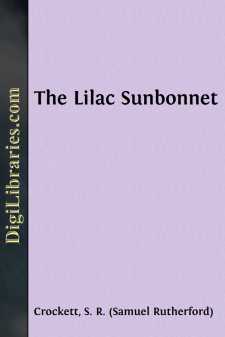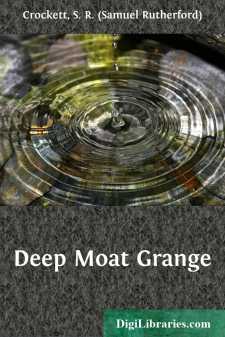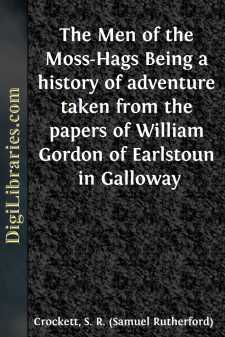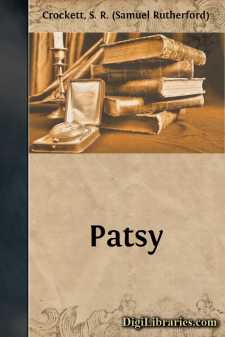Categories
- Antiques & Collectibles 13
- Architecture 36
- Art 48
- Bibles 22
- Biography & Autobiography 816
- Body, Mind & Spirit 145
- Business & Economics 28
- Children's Books 17
- Children's Fiction 14
- Computers 4
- Cooking 94
- Crafts & Hobbies 4
- Drama 346
- Education 58
- Family & Relationships 59
- Fiction 11834
- Foreign Language Study 3
- Games 19
- Gardening 17
- Health & Fitness 34
- History 1378
- House & Home 1
- Humor 147
- Juvenile Fiction 1873
- Juvenile Nonfiction 202
- Language Arts & Disciplines 89
- Law 16
- Literary Collections 686
- Literary Criticism 179
- Mathematics 13
- Medical 41
- Music 40
- Nature 179
- Non-Classifiable 1768
- Performing Arts 7
- Periodicals 1453
- Philosophy 66
- Photography 2
- Poetry 897
- Political Science 203
- Psychology 45
- Reference 154
- Religion 516
- Science 126
- Self-Help 85
- Social Science 82
- Sports & Recreation 34
- Study Aids 3
- Technology & Engineering 59
- Transportation 23
- Travel 463
- True Crime 29
Our website is made possible by displaying online advertisements to our visitors.
Please consider supporting us by disabling your ad blocker.
The White Plumes of Navarre A Romance of the Wars of Religion
Description:
Excerpt
The night was hot in Paris. Breathless heat had brooded over the city all Saturday, the 23rd of August, 1572. It was the eve of Saint Bartholomew. The bell of Saint Germain l'Auxerrois had just clashed out the signal. The Louvre was one blaze of lights. Men with lanterns and poleaxes, as if going to the shambles to kill oxen, hurried along the streets.
Only in the houses in which were lodged the great Huguenot gentlemen, come to the city for the marriage of the King's sister Marguerite to the King of Navarre, there were darkness and silence. None had warned them—or, at least, they had taken no warning. If any suspected, the word of a King, his sworn oaths and multitudinous safe-conducts, lulled them back again into security.
In one chamber, high above the courtyard, a light burned faint and steady. It was that beside the bed of the great Admiral—Coligny. He had been treacherously wounded by the arquebuse of one of the guard of the King's brother—Monsieur de France, Henry Duke of Anjou, afterwards to be known to history as Henry III., the favourite son of Catherine de Medici, the cunningest, and the most ungrateful.
There watched by that bedside many grave men, holding grave discourse with each other and with the sick man, concerning the high mysteries of the religion, pure and reformed, of the state of France, and their hopes of better days for the Faith as it had been delivered to the saints.
And at the bed-foot, with towels, bandages, and water in a silver salver ready for service, one young lad, a student of Geneva, fresh from Calvin and Beza, held his tongue and opened wide his ears.
"Pray, Merlin de Vaux," said the wounded Admiral to his aged pastor, "pray for life if such be God's will, that we may use it better—for death (the which He will give us in any case), that the messenger may not find us unprepared."
And Merlin prayed, the rest standing up, stern, grave, prepared men, with bowed and reverent heads. And the Genevan Scot thought most of his dead master Calvin, whom, in the last year of his life, he had often seen so stand, while his own power rocked under him in the city of his adoption, and the kingdoms of the earth stormed about him like hateful waves of the sea.
And somewhat thus-wise prayed good Merlin.
"Thou, O Lord, hast put down the mighty from their seats and has exalted them of low degree! Clay are all men in Thy hands—potter's clay, broken shards or vessels fit for altar-service. Yet Thou has sent us, Thy servants, into the wild, where we have seen things, and thought things, and given us many warnings, so that when Thou standest at the door and knockest, we may be ready for Thy coming!"
Then at these words, prompt as an echo, the house leaped under the heavy noise of blows delivered upon the outer door. And the Admiral of France, sitting up in his bed, yet corpse-pale from his recent wound, lifted his hand and said, "Hush, be still—my Lord standeth without! For dogs and murderers, false kings and queens forsworn, are but instruments in His hand. It is God who calls us to His holy rest. For me, I have long been ready. I go with no more thought than if my chariot waited me at the door."
Then he turned to the Huguenot gentlemen who were grouped about his bed. This one and that other had tried to catch a glimpse of the assailants from the windows. But in vain. For the door was in a recess which hid all but the last of the guard which the King had set about the house....











